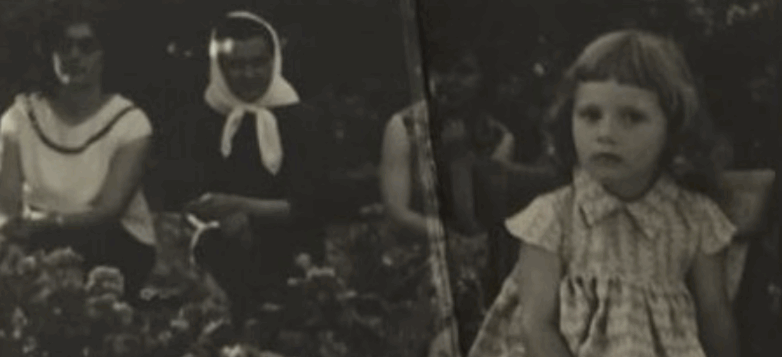Then the street lights were turned on, and we were like, like, for three months when you are like… When I saw the lights on, I said to my neighbor, ‘Kuku, something bad will happen.’ You know, I said, ‘They turned the lights on…’ I look at korzo and we are talking to one another, ‘Should we go out… let’s meet close to Grand.’ God knows what’s happening. Tomorrow morning, when KFOR troops came from Macedonia, I was looking out from the balcony. Now KFOR came from this side, the road from the hospital, perhaps they did not know the way or they were just too many of them, you know.
It was raining, I remember this. They were swearing, ‘Who invited you here?’ And I heard a Serb saying this, ‘Why are you swearing at them? Do you know who invited them here? Milošević did.’ I witnessed this. Afterwards, it was different. They started running away, you noticed it when your neighbors were not around anymore. They left at night or I don’t know, but they disappeared.
Lidia Mirdita Tupeci was born on June 19, 1956 in Niš. She lived with her parents between Peja and Zagreb. Ms. Tupeci studied economics and worked for the state-run organization Kosovarja Enterprise. In 1982, she moved to Pristina, where she continues to live.
